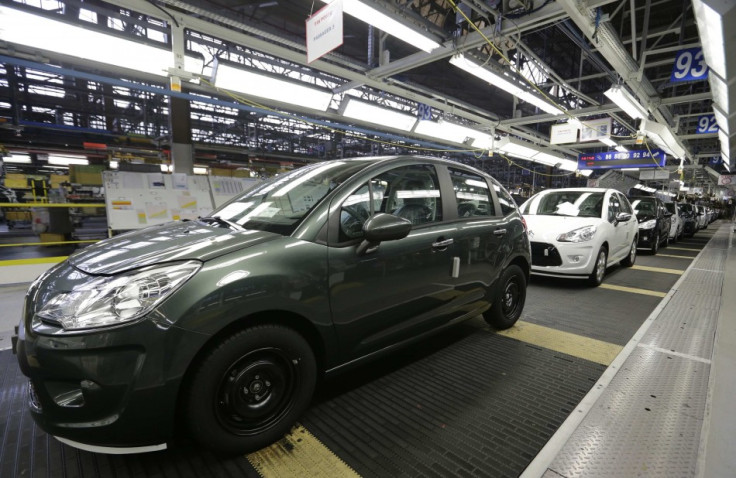China to Overtake US as Top Luxury Car Market by 2016
Demand for premium cars in the country to double by 2020

Sales of luxury cars in China could exceed the US by 2016 and touch levels similar to Western Europe sales by 2020 as incomes rise in tandem with the rapidly-expanding economy, according to a McKinsey & Co report cited by multiple media sources.
The global management consultancy said that demand for premium cars in the world's second- biggest economy will increase over two-fold by 2020 to 3 million from the 1.25 million sales recorded in 2012. McKinsey expects luxury-car deliveries to touch 2.25 million by 2016.
China has already become the world's top automobile market with 4.3 percent year-on-year sales increase in 2012. Premium auto sales have jumped 36 percent annually over the past 10 years while the overall passenger-vehicle market grew 26 percent, McKinsey said.
McKinsey's premium category includes cars with prices ranging from 200,000 yuan ($32,000/ £21,390/ €24,727.67) to 1.2mn yuan. These vehicles come below the 'ultra-luxury' category that costs more.
The report said that improving income, macroeconomic optimism, readiness to pay the premium price and a wish to showcase the social status were some of the major factors that supported China's luxury car market.
"China is a growing market. People's confidence in the future is very high," Sha Sha, a partner at McKinsey and the main author of the report told the AFP.
"Chinese people want to upgrade and have the aspiration to buy premium cars".
German automobile majors such as Audi and BMW account for about 80 percent of the premium car market in China. Other firms are rapidly making efforts to expand in the market. Ford plans to sell its Lincoln brand in the country by 2014 while PSE Peugeot Citreon is setting up its key DS dealership in Shanghai.
The report says that there is still significant opportunity in the market, even for late comers. In 2012, the economic slowdown, some government restrictions on the number of cars and the Sino-Japanese territorial tensions had weakened the market.
© Copyright IBTimes 2024. All rights reserved.





